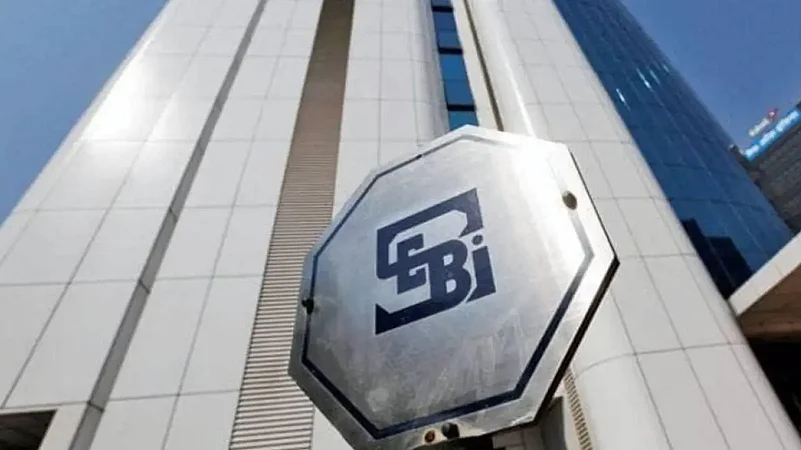The Securities and Exchange Board of India (SEBI) has proposed introducing a Close Auction Session (CAS) in the equity cash market. It aims to replace the current Volume Weighted Average Price (VWAP) mechanism for closing prices.
In its consultation paper, SEBI highlighted risks of price volatility and tracking differences with the current mechanism. While the VWAP mechanism facilitates the determination of a fair market closing price based on trading interest in stocks spread through the last half an hour of the trading day, it does not enable the interested buyers and sellers to trade exactly at the closing price of the day.
What is a Close Auction Session?
CAS will be a 15-minute session from 3:30 to 3:45 pm, divided into four stages: reference price determination, order input, a no-cancellation period with a random closing of orders and final trade confirmation and order matching.
According to the consultation paper, a price band of -/+ 5 per cent will be applied during the order input period, and during the no-cancellation period, no changes can be made to the orders, with a random close in the last two minutes of the session. The final matching of orders will follow a price-time priority structure.
The closing price of the stock will be determined through an equilibrium price mechanism based on maximum executable volume. Post-closing sessions may be discontinued if CAS is implemented.
SEBI proposed that the CAS framework will be implemented in phases, starting with stocks that have derivative products, ensuring it applies only to stocks with sufficient liquidity.
In addition, the regulator suggested a three-session structure, removing the no-cancellation period, similar to the pre-open session’s call auction architecture. This would include a reference price determination period, order input (with random closing in the last two minutes), and the final stage of trade confirmation and matching.
Why does SEBI want to replace VWAP?
The regulator highlighted concerns from international passive fund managers regarding VWAP. The said method does not allow for transactions at the exact closing price and can lead to volatility, particularly on days of index rebalancing and derivative expiry.
“The current closing price mechanism can result in significant price volatility across a range of stocks, as well as high risk of large orders not being completed, which in turn adds to the tracking difference of a passive fund. The said issue is particularly significant during large event days, such as, on index rebalancing days and derivative expiry days,” the consultation paper said.
It also said that several major markets globally are already using a closing auction mechanism, such as the US, Europe, Hong Kong and South Korea. The proposed CAS would align India’s equity markets with global practices.
SEBI has sought public comments till December 26 on the proposals.






























